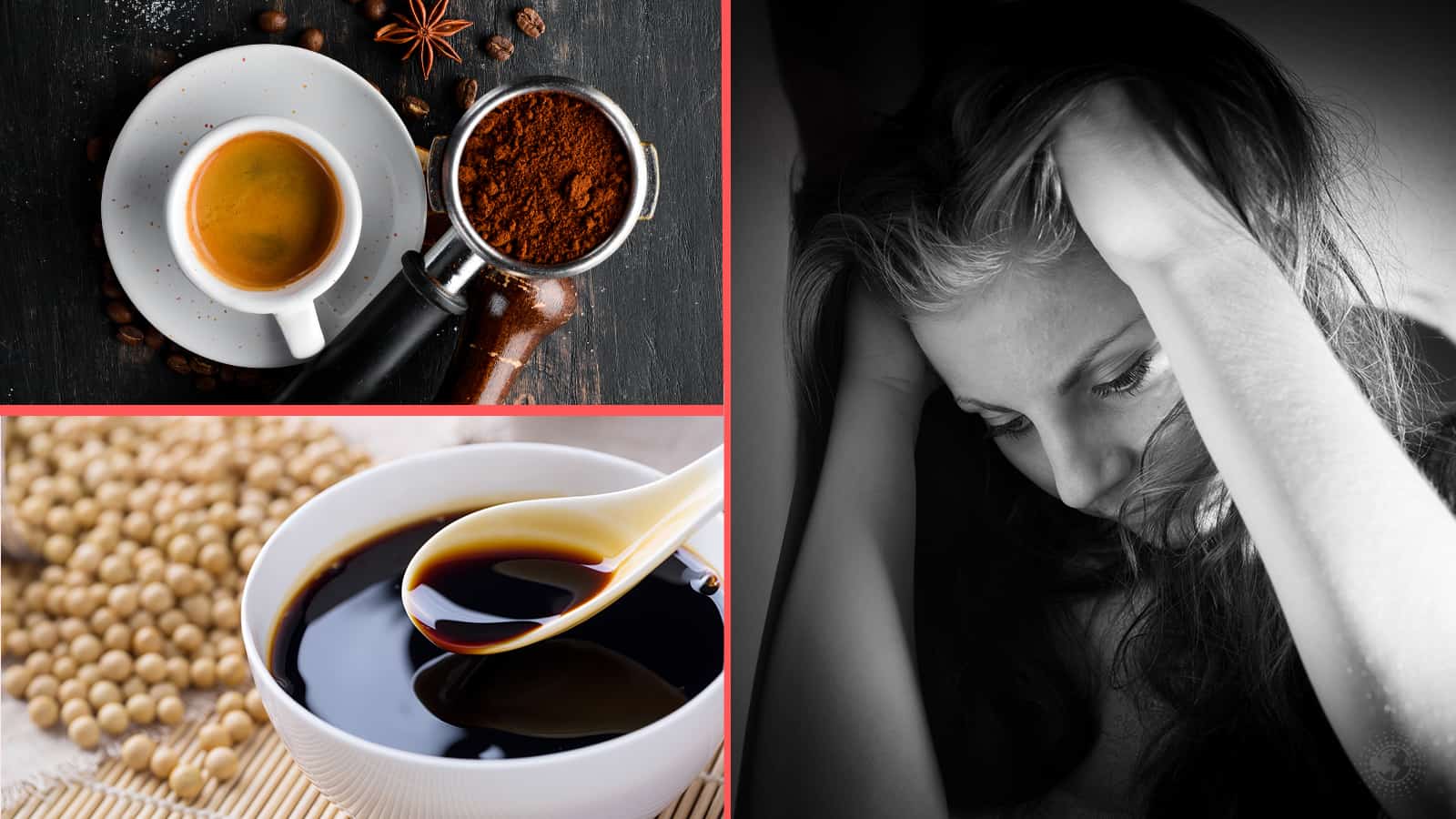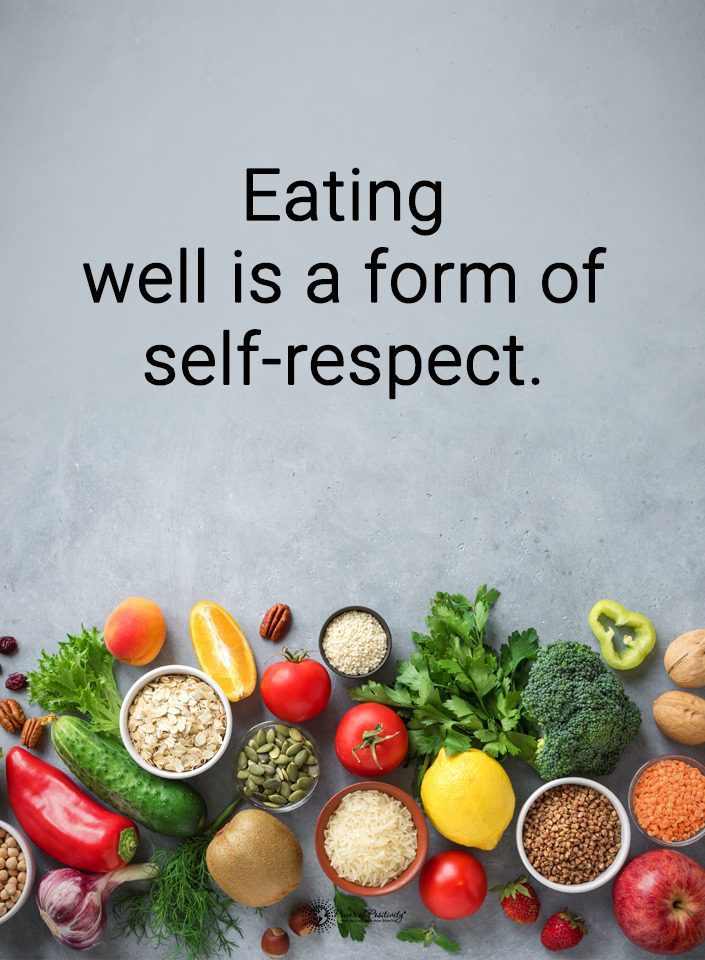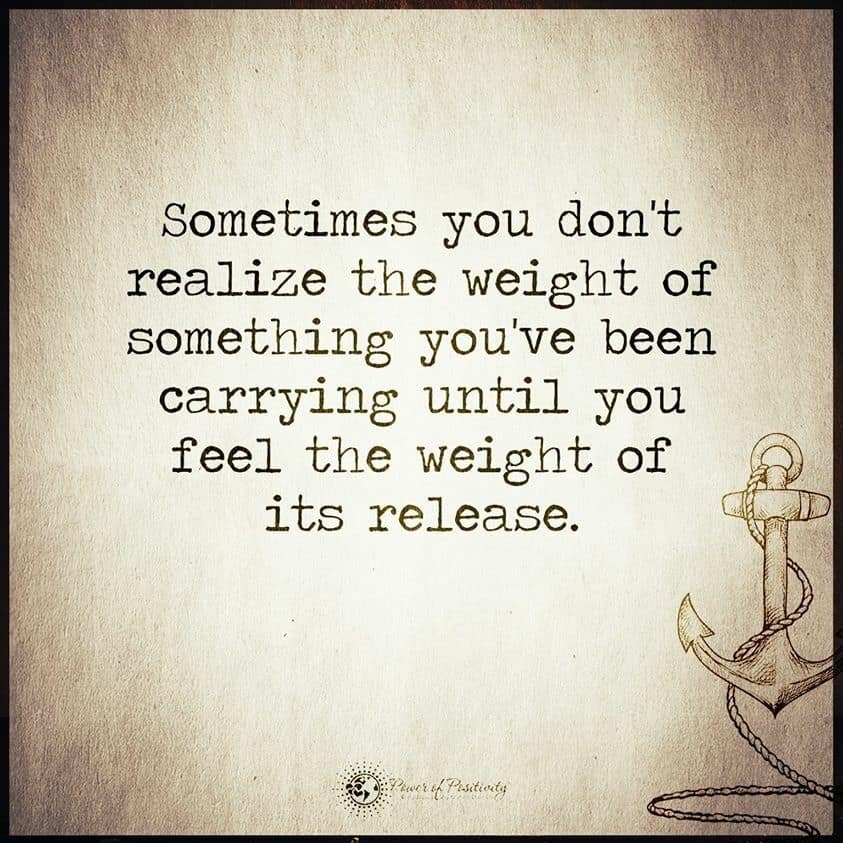Do you eat foods that might contribute to anxiety?
Anxiety is a state of excessive nervousness, worry, and similar emotional distress. In moderation, there’s nothing inherently wrong with experiencing anxiety. But when it becomes chronic, you may develop an anxiety disorder that changes the way your brain handles stress and nerve-wracking situations, or even how it perceives potential threats.
Those who experience a lot of anxiety know that it can be debilitating. If you’re one of them, you’ve probably already heard all sorts of advice about what you should and shouldn’t be doing to manage anxiety. Many less-informed but well-meaning individuals may try to push specialized diets on you that are “proven” to “cure” anxiety.
While there is no such thing as a cure-all for anxiety, and no diet is guaranteed to help with that problem, what you eat can genuinely contribute to its severity. In fact, many aspects of mental health can be affected by diet. Eating a poor diet is almost certain to worsen symptoms that you experience – and that’s a scientific fact!
So, what sort of foods should you avoid? You’ll want to steer clear of foods that most experts agree are bad for your brain and stress levels. Simply put, nutritionists want you to avoid these 9 foods that contribute to anxiety – and there’s lots of science to back it up.
1. Sugars
Sugar causes elevation of blood glucose levels that occurs when you consume sugars. This elevation reduces proteins needed for neuron growth, leading to a drop in synapses. Essentially, this leads to changes in mood, decreases in positive thinking, and of course, increases in anxiety levels. Even just eating sugar at all begins this process!
You’ll want to be extra careful about added sugars and artificial sweeteners, too, especially the hidden ones, says registered dietitian, certified diabetes educator, and author Erin Palinski-Wade. Not realizing that you’re eating all these sugars can cause a wave of blood glucose spikes and crashes, one after the other, leading to an even worse mood overall.
Here are some examples of foods to avoid:
- Baked beans
- Barbecue sauce
- Dried fruit
- Flavored yogurt
- Frozen meals
- Granola bars
- Ketchup
- Pasta and pasta sauce
- Salad dressing
- Trail mix
- White bread
But what happens if you want to satisfy your sweet tooth? Try option for these non-processed sweet substitutes:
- Fruit
- Stevia
- Sweet potatoes
- Yacon syrup
2. Caffeine
Did you know that 62% of all Americans consume coffee daily, with the average being more than 3 cups per person? That’s a lot of coffee – and, as it turns out, that much of it is not good for you! Palinski-Wade states that caffeine can:
- Decrease the production of serotonin, a positive hormone
- Increase feelings of nervousness and anxiety
- Contribute to a drastic reduction in positive thinking, leaving you with a depressed mood
The good news is that caffeine isn’t inherently negative, especially in small amounts. But a lot of it at once can come with a lot of those side effects, further worsening anxiety symptoms. Research has actually found that just 300 mg of caffeine per day experience two times the stress as those who don’t drink coffee. That’s less than what’s in a “grande” coffee cup at Starbucks!
It’s important to remember that caffeine doesn’t just come from coffee, though. Medications and supplements like ginseng and St. John’s Wort have a high caffeine content that could lead to anxiety.
Looking for an alternative to your usual coffee? Try some matcha green tea! It provides some caffeine but in a clean and less invasive way. Plus it includes component called L-theanine, which boosts relaxation.
3. Canned Foods Contribute to Anxiety
For the most part, the food you aim to purchase shouldn’t come with big branded labels. Select whole foods over processed options most of the time. Certified nutritionist and author Trudy Scott states that processed foods you should always avoid processed products. Labels on foods with a laundry list of chemicals aren’t ones that you’ll want to put in your body.
A part of this is due to Bisphenol A, or BPA, which is used in a huge majority of plastic and canned containers. BPA is capable of sending your hormones out of whack, causing destabilization of mood and leading to potentially long-term anxiety and decreases in positive thinking.
4. Fermented and Aged Foods
A lot of fermented foods are touted as either healthy or relaxing. Consider, for example, the many probiotic benefits of foods like kimchi, tofu, and tempeh. Or, perhaps, think of the cured, cultured, and fermented plates of meats and cheeses that are so often looked upon as luxurious and decadent.
While fine in moderation, these foods are known to trigger anxiety because of the food proteins. This is because the process of aging, fermenting, or curing foods involves the use of bacteria to break down biogenic amines, a kind of protein, into histamine.
You’ve likely heard the term “histamine” used with “antihistamines,” which are medications that reduce histamine production and response. Let’s say that there’s a reason we have common medicines designed to fight histamines! Histamine is a kind of hormone, or neurotransmitter, that works by aggravating the following bodily systems:
- Cardiovascular
- Digestion
- Hormonal
- Nervous
For people who tend to be more susceptible to these neurotransmitters, consuming foods with histamine in them can lead to the triggering of problems like insomnia and anxiety, say studies, and nutritional and metabolic psychiatrist Dr. Georgia Ede. If this is an issue for you, try to pick fresh foods and whole foods instead and stick to only the fermented options’ truly healthiest.
5. Soy Sauce
Soy sauce is packed with gluten, and even those who aren’t sensitive to it can face trouble for their entire health from eating too much of it. This is because the human body is only partially capable of digesting gluten, and trying to force it can lead to allergic reactions and irritation.
In most cases, only those with celiac disease need to avoid the consumption of gluten. But according to psychiatrist and nutrition specialist Emily Deans, many people still experience negative reactions to its consumption. In fact, studies have found that you can experience 90% higher levels of depression when you consume gluten after a period of going gluten-free.
6. Alcohol Might Contibute to Anxiety
Often, those who experience anxiety in social situations will turn to alcohol to help calm their nerves. Little do they realize that this does not work! Palinski-Wade points out that alcohol can have negative effects on your sleep, hydration, and stress hormones. While it calms you down at the moment, there’ll be hell to pay later.
When you consume alcohol, it temporarily suppresses your nervous system, allowing you to feel more relaxed. Later on, the neurotransmitters in your brain will come back in full force when your system wakes back up. This is also the same reason that alcohol helps you fall asleep but is worse for your sleep quality, as studies state.
There’s nothing wrong with consuming alcohol in moderation unless you have an intolerance or sensitivity to it. If you’re concerned, you should speak with your doctor. If not, one or two servings are fine to have daily, not too close to bedtime.
Looking for substitutes? Sadly, there’s no adequate replacement for alcohol and its effects. But if it’s just flavor you’re after, sparkling drinks like mocktails can provide similar experiences.
7. Nightshades
Nightshades are kinds of plants producing a particular pesticide naturally. These chemicals kill worms and other insects. Unfortunately, te pesticides,glycoalkaloids, are toxic to certain cells in the human body.
Ede states that glycoalkaloids work by blocking out an enzyme known as acetylcholinesterase. These cholinergic enzymes occur in nerves and muscles and function by breaking down natural neurotransmitters. When blocked by glycoalkaloids, the nervous system becomes overstimulated, especially in those who are sensitive to it.
Many different negative results have been found to occur in humans who consume this enzyme, with anxiety and decreased positive thinking being among them. The enzymes can remain in the body for up to five days and are difficult to avoid. Here are some common foods with nightshade components:
- Bell peppers
- Cayenne
- Chilies
- Paprika
- Potato starch
- Red pepper flakes
- Tomato paste
8. Non-Dairy Creamers
Common non-dairy creamers are commonly packed with trans fats – or hydrogenated oils. You’ve probably heard a lot already about how bad such components are for the body, as they raise bad cholesterol levels while lowering positive ones. This leads to mental health problems like anxiety and depression.
Even if you can’t go for the typical dairy options, you’ll benefit from using soy or almond milk over generic, conventional non-dairy options. Still, if you have the option and are willing to take it, full-fat milk and creams will always be infinitely better for you in this regard!
9. Fruit Juice Can Contribute to Anxiety
Fruit juice brims with sugar, which we already noted as terrible for anxiety. Most store-bought juices contain fructose, which is only processed in the liver and can easily be consumed in excess by accident. The body does not usually prefer to consume energy from fructose, but the liver will fill with it, potentially causing overconsumption if that’s the only incoming energy source.
Fructose is naturally occurring in fruits, but when fresh fruit is in the picture, the fiber contained within them helps counteract the fructose’s negative effects. For most, this completely nullifies the problem. Unfortunately, in fruit juice, that fiber is completely removed, replaced by even more fructose – and, this time, it’s the processed kind!
Fructose has been found in studies to change how the brain naturally reacts to stress, even down to a genetic level. It’s pretty frightening stuff, and it’s all the more reason to stick to fresh fruits only! If you really want fruit juice, opt for freshly made ones. Or, better yet, make them yourself at home.
Final Thoughts On Avoiding Some Foods That Contribute To Anxiety
You can worsen your anxiety by the kinds of food that you consume. In general, foods that are bad for physical health are bad for mental health, too. So steer clear of these nine foods that nutritionists say might contribute to anxiety. After all, you might make the disorder more manageable in everyday life.

















 Community
Community

